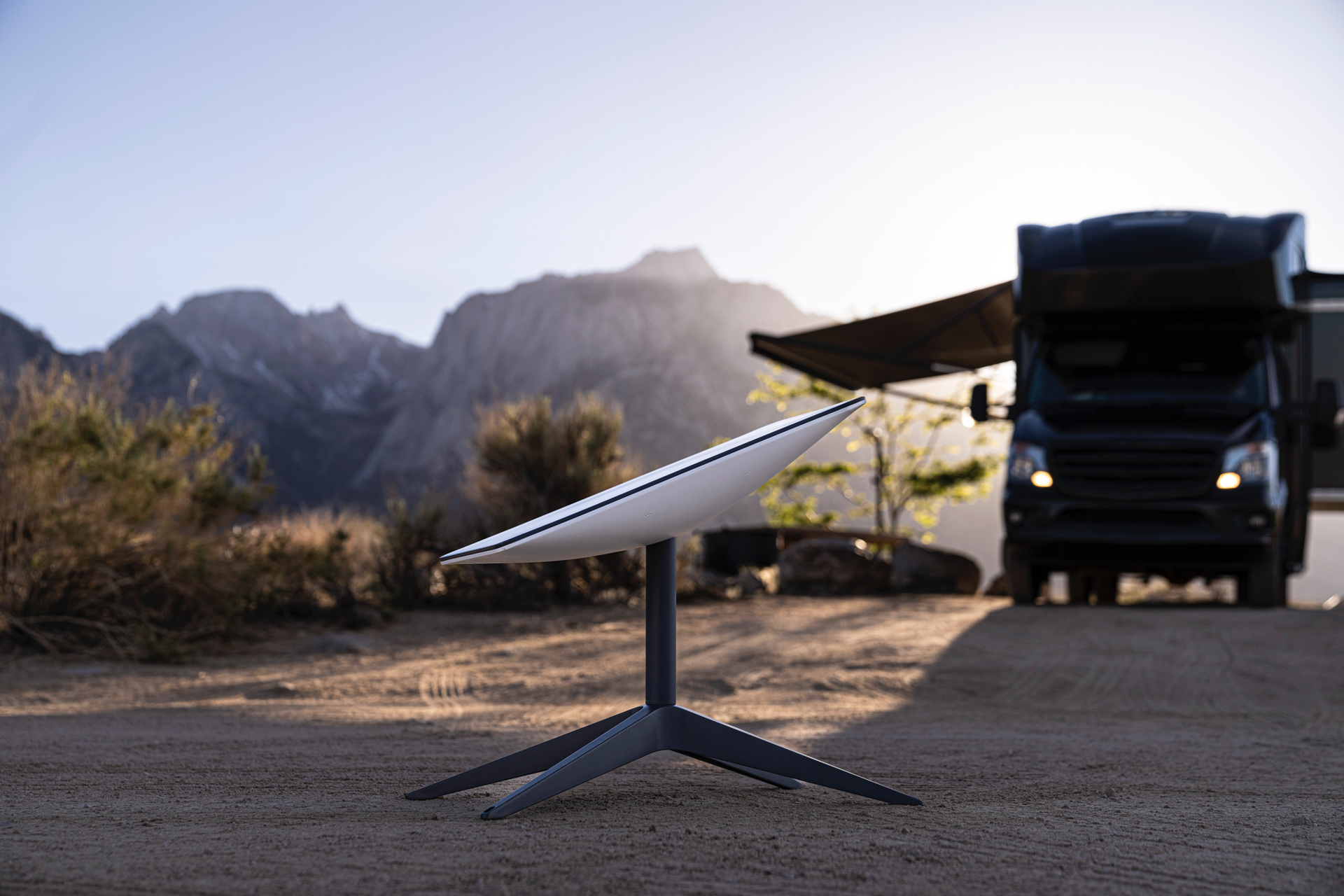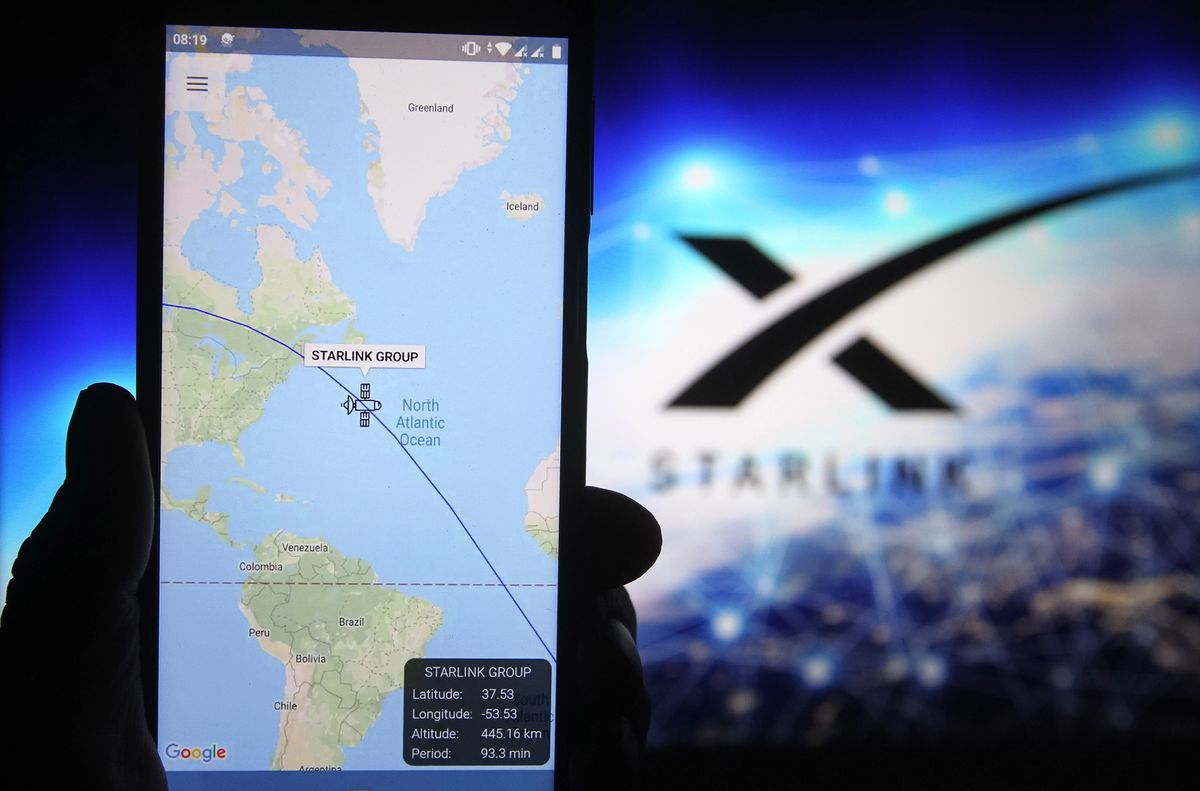After launching in public beta back in November 2020, SpaceX has continued to expand the number of low-earth orbit satellites that make up its Starlink satellite internet service in an effort to provide high-speed internet to users worldwide.
Ookla, the company behind the popular speed testing app, recently reexamined Starlink’s download and upload speeds to see how they’ve improved over the past year in the U.S., Canada and other countries around the world.
According to a new blog post (opens in new tab) from the network intelligence firm, media download speeds for Starlink have dramatically increased between the first quarter of 2021 and 2022 in the U.S. and Canada. While the service’s speeds saw a 38 percent increase in the U.S., speeds in Canada have gone up by nearly 58 percent in the same time period. Starlink users in the U.S. can expect to get speeds of around 90.55 Mbps while Canadian users should see speeds close to 97.40 Mbps.
While Starlink’s download speeds have increased, Ookla’s Speedtest Intelligence shows that upload speeds decreased by almost 33 percent from 16.29 Mbps during the first quarter of last year to 9.33 Mbps in Q1 2022. At the same time, Starlink’s median latency increased from 40 ms to 43 ms in the U.S. and from 51 ms to 55ms in Canada though these changes are likely negligible for most users.
Starlink speeds around the world

The U.S. and Canada aren’t the only places Starlink adoption has increased while the service’s speeds have improved as Ookla highlights in its report.
In Mexico, Starlink had the fastest satellite internet in North America during the first quarter of this year with a median download speed of 105.91 Mbps followed by Starlink in Canada and the U.S. However, in Puerto Rico, HughesNet took the top spot with download speeds of 20.54 Mbps.
In Europe though, Starlink was the fastest satellite internet provider in the continent with 100+ Mbps median download speeds in every country where it was commercially available. In Lithuania, Starlink reached download speeds of 160.08 Mbps but Starlink in the UK had the worst download speeds in the region at 102.21 Mbps which is still really good.
The same holds true in South America where Starlink was the fastest satellite internet provider in Chile with a median download speed of 110.49 Mbps. In Oceania, Starlink reached download speeds of 124.31 Mbps in Australia and 118.70 Mbps in New Zealand.
The sky is about to get a bit more crowded
Getting high-speed internet in rural areas was quite difficult before satellite internet became widely available. Now though with Starlink , HughesNet, Viasat and other options, you can still get decent internet even if the place where you live lacks the necessary infrastructure.
As a result of Starlink’s recent success, Ookla notes that other companies are looking to compete with SpaceX in the space. For instance, Amazon’s Project Kuiper recently received permission from the FCC to test its own satellite internet service which is set to launch later this year. Meanwhile, Inmarsat and Viasat are set to merge (opens in new tab) and begin launching new satellite constellations by 2023.
Now that competition is beginning to heat up in the satellite internet space, consumers can expect better speeds, improved coverage and possibly even discounted prices as newcomers like Amazon could aim to undercut Starlink to bolster their own market share.
Loading…
For all the latest Technology News Click Here
For the latest news and updates, follow us on Google News.

